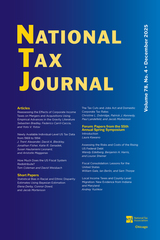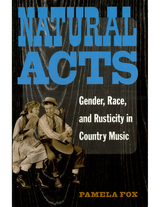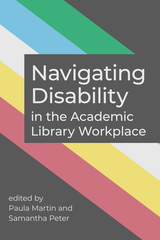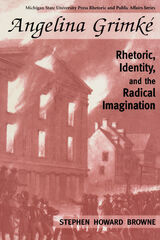
Abolitionist, women's rights activist, and social reformer, Angelina Grimké (1805-79) was among the first women in American history to seize the public stage in pursuit of radical social reform. "I will lift up my voice like a trumpet," she proclaimed, "and show this people their transgressions." And when she did lift her voice in public, on behalf of the public, she found that, in creating herself, she might transform the world. In the process, Grimké crossed the wires of race, gender, and power, and produced explosions that lit up the world of antebellum reform. Among the most remarkable features of Angelina Grimké's rhetorical career was her ability to stage public contests for the soul of America—bringing opposing ideas together to give them voice, depth, and range to create new and more compelling visions of social change.
Angelina Grimké: Rhetoric, Identity, and the Radical Imagination is the first full-length study to explore the rhetorical legacy of this most unusual advocate for human rights. Stephen Browne examines her epistolary and oratorical art and argues that rhetoric gave Grimké a means to fashion not only her message but her very identity as a moral force.
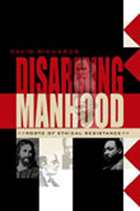

William Lloyd Garrison (1805-1879), outstanding among the dedicated fighters for the abolition of slavery, was also an activist in other movements such as women's and civil rights and religious reform. Never tiring in battle, he was "irrepressible, uncompromising, and inflammatory." He antagonized many, including some of his fellow reformers. There were also many who loved and respected him. But he was never overlooked.
His letters, a source of the first magnitude, begin in 1822, when Garrison was seventeen, and end in 1879, the year of his death. They offer an insight into the mind and life of an outstanding figure in American history, a reformer-revolutionary who sought radical changes in the institutions of his day--in the relationship of the races, the rights of women, the nature and role of religion and religious institutions, and the relations between the state and its citizens; and who, perhaps more than any other single individual, was ultimately responsible for the emancipation of the slaves.
Garrison's letters are also, sui generis, important as the expression of a vigorous writer, whose letters reflect his strength of character and warm humanity, and who appears here not only as the journalist, the reformer, and the leader of men, but also as the loving husband and father, the devoted son and son-in-law, the staunch friend, and the formidable opponent.
Included in this well illustrated first volume are Garrison's letters from the earliest known--one to his mother during his apprenticeship--through the 1831 founding of his famous newspaper, The Liberator; the founding in 1832 and 1833 of the New England and the American Anti-Slavery Societies; his first trip to England to meet with British abolitionists; his courtship and marriage; and his being dragged through the streets of Boston by a mob out to tar and feather the British abolitionist George Thompson.
READERS
Browse our collection.
PUBLISHERS
See BiblioVault's publisher services.
STUDENT SERVICES
Files for college accessibility offices.
UChicago Accessibility Resources
home | accessibility | search | about | contact us
BiblioVault ® 2001 - 2025
The University of Chicago Press


